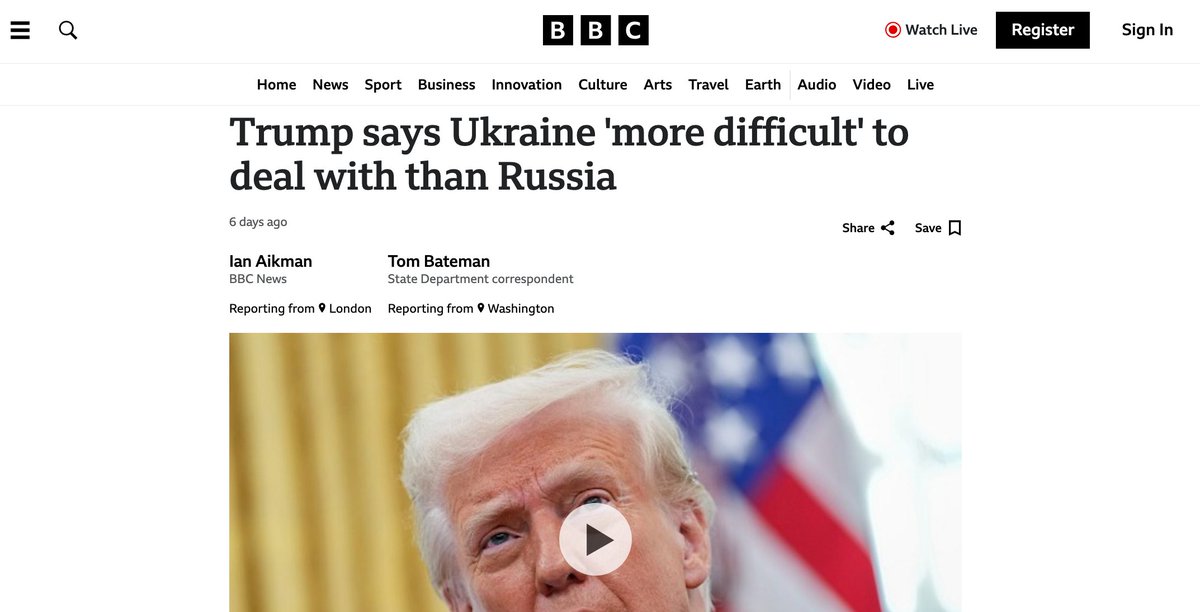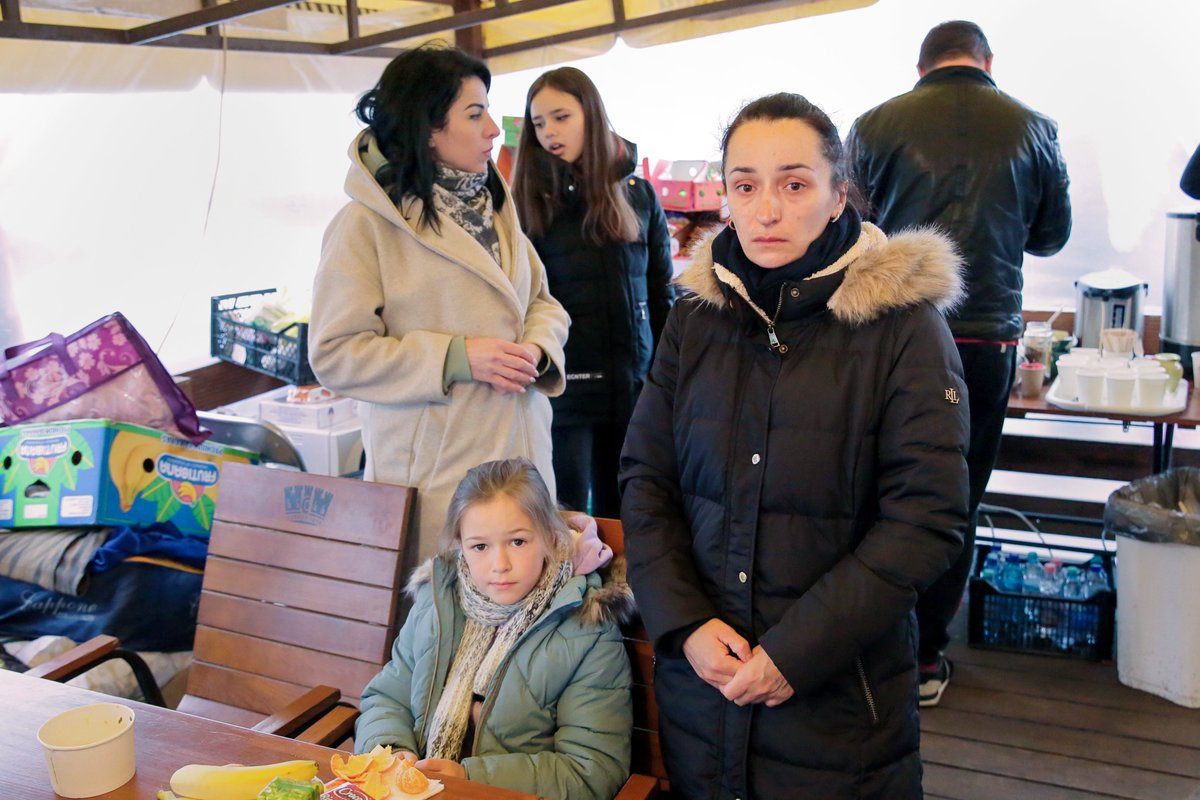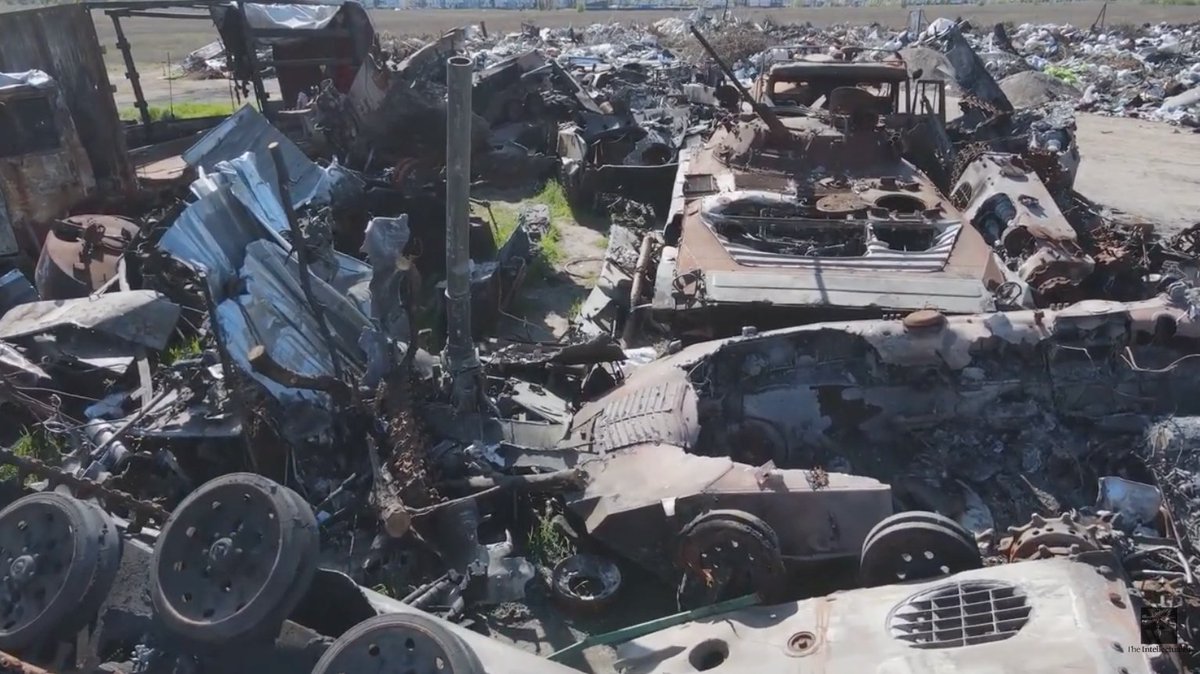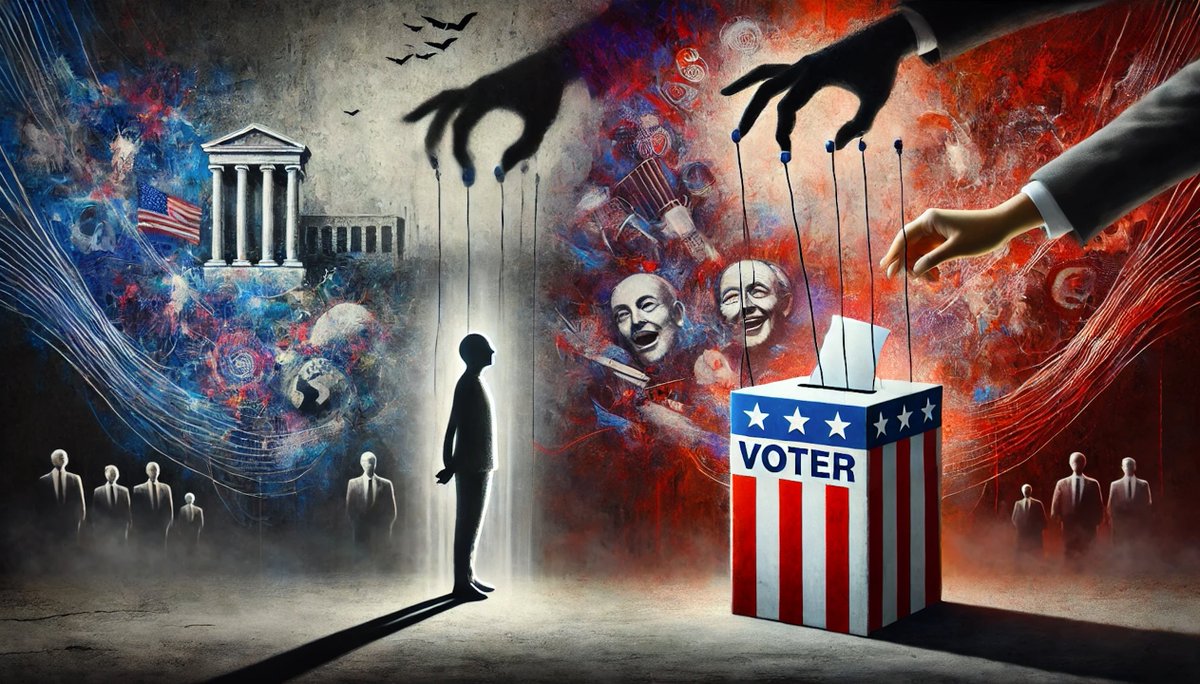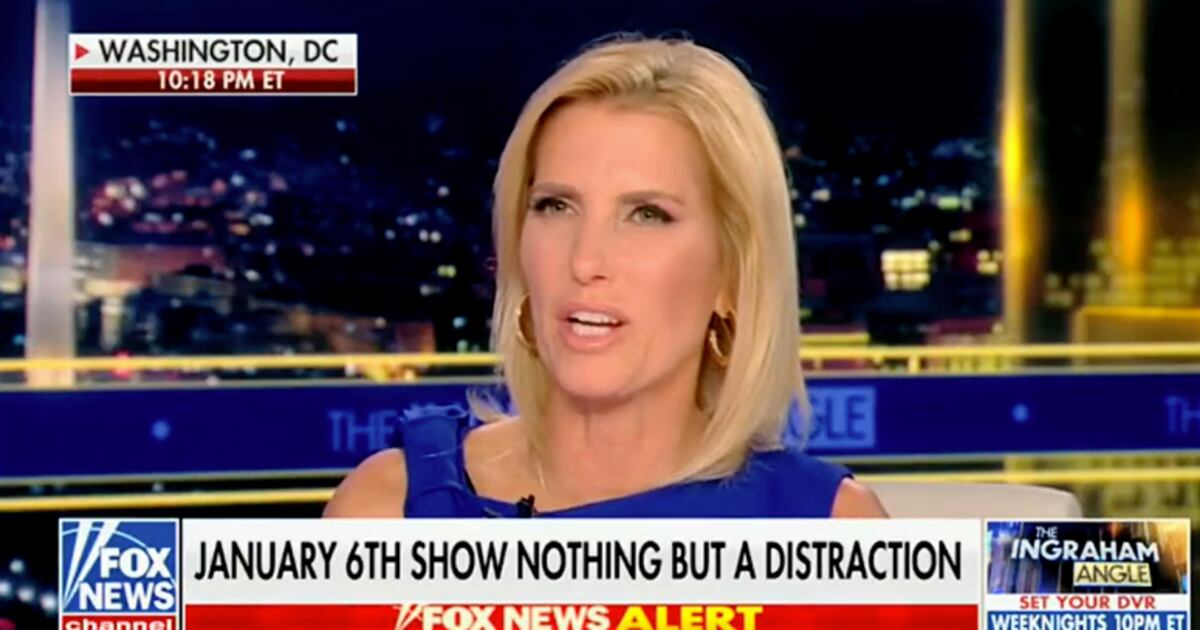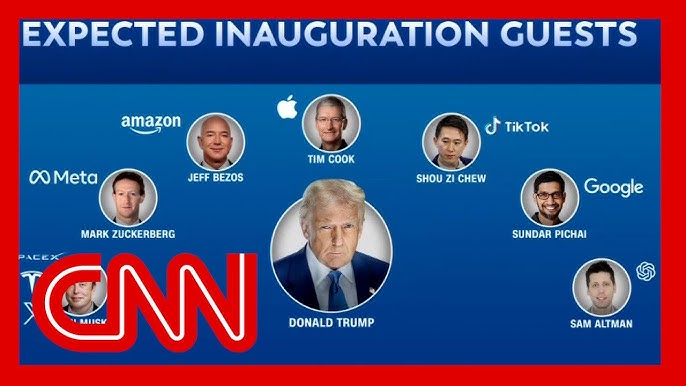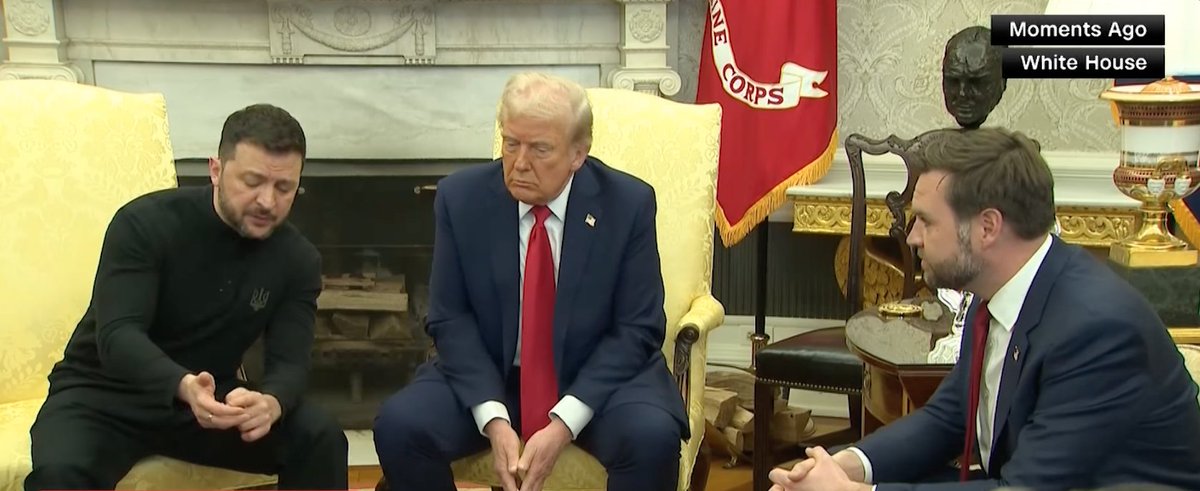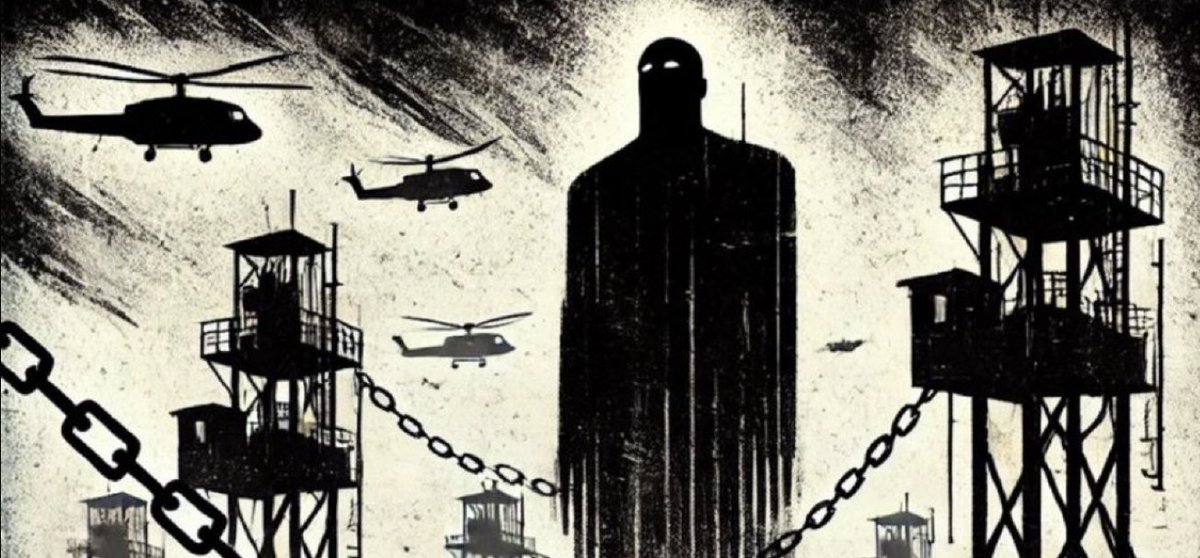JD Vance’s Cousin Fought in Ukraine—Now He Says JD Betrayed His Brothers-in-Arms
🧵1/8: History is not destiny. It is the choices we make when history calls that define us.
Two men, bound by blood but divided by war, politics, and conviction, prove this truth with every step they take.
Nate Vance fought in Ukraine, where every inch of ground was paid for in blood. JD Vance, his first cousin, spoke of it from behind a polished lectern.
But words from power do more than shape policy. They decide who gets the weapons to fight—and who is left to die without them.
Nate gave three years of his life to Ukraine—two and a half in the trenches, where survival was measured in yards, and death came in waves of artillery fire.
He had seen men, barely out of their teens, stand their ground against Russian firepower with nothing but rifles and borrowed armor.
He had witnessed war in ways few ever would. He knew, with absolute certainty, what was at stake in Ukraine.
JD Vance did not.
Then came the moment that broke him. JD Vance—his first cousin—sat beside Donald Trump in the Oval Office, looking across at Ukrainian President Volodymyr Zelensky—not as an ally, but as a skeptic.
As he dismissed Ukraine’s need for U.S. support, something inside Nate fractured.
He had defended his cousin for years. Told others JD was smart, thoughtful, principled. That he played politics because he had to. That deep down, he understood what really mattered.
He had been wrong.
When JD Vance spoke about Ukraine, he turned to pundits and reports—to men in suits, not men in trenches.
He never called the one person in his own family who had seen it with his own eyes, who could have told him, with absolute certainty, what was true—his own cousin.
theintellectualist.com/jd-vance-cousi…
🧵1/8: History is not destiny. It is the choices we make when history calls that define us.
Two men, bound by blood but divided by war, politics, and conviction, prove this truth with every step they take.
Nate Vance fought in Ukraine, where every inch of ground was paid for in blood. JD Vance, his first cousin, spoke of it from behind a polished lectern.
But words from power do more than shape policy. They decide who gets the weapons to fight—and who is left to die without them.
Nate gave three years of his life to Ukraine—two and a half in the trenches, where survival was measured in yards, and death came in waves of artillery fire.
He had seen men, barely out of their teens, stand their ground against Russian firepower with nothing but rifles and borrowed armor.
He had witnessed war in ways few ever would. He knew, with absolute certainty, what was at stake in Ukraine.
JD Vance did not.
Then came the moment that broke him. JD Vance—his first cousin—sat beside Donald Trump in the Oval Office, looking across at Ukrainian President Volodymyr Zelensky—not as an ally, but as a skeptic.
As he dismissed Ukraine’s need for U.S. support, something inside Nate fractured.
He had defended his cousin for years. Told others JD was smart, thoughtful, principled. That he played politics because he had to. That deep down, he understood what really mattered.
He had been wrong.
When JD Vance spoke about Ukraine, he turned to pundits and reports—to men in suits, not men in trenches.
He never called the one person in his own family who had seen it with his own eyes, who could have told him, with absolute certainty, what was true—his own cousin.
theintellectualist.com/jd-vance-cousi…

Before the War: Nate’s Journey to Ukraine
2/8: Before the war, Nate Vance lived a life of quiet stability. He was a lifelong Republican, a hunter, a man who had spent years working in Texas’s oil industry.
There was nothing in his past to suggest he would one day find himself deep in the trenches of eastern Ukraine.
But when Russia invaded in 2022, something inside him stirred.
At first, it was a desire to see history unfold, a curiosity mixed with a sense of duty. In March 2022, he traveled to Lviv, western Ukraine, intending to support the war effort through logistics or medical aid.
What he found instead was a nation fighting for survival.
A military so desperate for soldiers that bartenders, students, and schoolteachers were given a week of training before being sent to the front.
In a hotel lobby, a British volunteer recognized his military background and asked if he could help train new recruits. A few months later, training was not enough. Nate picked up a rifle and went to war.
By the summer of 2022, he had joined the Da Vinci Wolves, a battalion formed by Ukrainian defenders who had been fighting since the Maidan Revolution of 2014.
The people he fought beside had left behind careers as lawyers, professors, engineers.
They had given up their futures because they understood that without sacrifice, there would be no country left to fight for.
The battles that followed tested every limit of the human spirit:
Bakhmut – where entire blocks of buildings were reduced to twisted steel and ash under relentless shelling.
Kupiansk – a fight so brutal that soldiers engaged in hand-to-hand combat amid the ruins of their own defenses.
Avdiivka – where the sky never darkened without the glow of burning buildings, and Nate and his comrades held their ground, knowing that if the line broke, thousands would die.
Fifteen times, he believed he would not make it out alive. In Bakhmut, under an artillery barrage so relentless it seemed the sky itself had turned to fire, he and his commander sat in the mud, trapped, convinced they would never see another sunrise. They said their goodbyes. But somehow, morning came, and they were still breathing.
He had long since stopped questioning why.
“You don’t think about it,” he would later say. “You just do it.”
Leaving Ukraine: A Reluctant Farewell
When his service in Ukraine came to an end, it was not by choice. Nate Vance did not leave because he wanted to—he left because he had to.
When JD Vance became Vice President in January 2025, Nate understood that he was no longer just another foreign volunteer. His familial connection to the new Vice President complicated his situation—making him a potential political liability or, worse, a propaganda tool if captured by Russian forces.
Reluctantly, he left his brothers-in-arms behind.
Now, drifting across the roads of the American West in his camper van, he watches his cousin, the man he once defended as intelligent and principled, dismantle everything Ukraine has fought for.
JD Vance, sitting beside Donald Trump, advocating for negotiations with Putin, as if diplomacy had ever stopped a dictator before he was forced to his knees.
theintellectualist.com/jd-vance-cousi…
2/8: Before the war, Nate Vance lived a life of quiet stability. He was a lifelong Republican, a hunter, a man who had spent years working in Texas’s oil industry.
There was nothing in his past to suggest he would one day find himself deep in the trenches of eastern Ukraine.
But when Russia invaded in 2022, something inside him stirred.
At first, it was a desire to see history unfold, a curiosity mixed with a sense of duty. In March 2022, he traveled to Lviv, western Ukraine, intending to support the war effort through logistics or medical aid.
What he found instead was a nation fighting for survival.
A military so desperate for soldiers that bartenders, students, and schoolteachers were given a week of training before being sent to the front.
In a hotel lobby, a British volunteer recognized his military background and asked if he could help train new recruits. A few months later, training was not enough. Nate picked up a rifle and went to war.
By the summer of 2022, he had joined the Da Vinci Wolves, a battalion formed by Ukrainian defenders who had been fighting since the Maidan Revolution of 2014.
The people he fought beside had left behind careers as lawyers, professors, engineers.
They had given up their futures because they understood that without sacrifice, there would be no country left to fight for.
The battles that followed tested every limit of the human spirit:
Bakhmut – where entire blocks of buildings were reduced to twisted steel and ash under relentless shelling.
Kupiansk – a fight so brutal that soldiers engaged in hand-to-hand combat amid the ruins of their own defenses.
Avdiivka – where the sky never darkened without the glow of burning buildings, and Nate and his comrades held their ground, knowing that if the line broke, thousands would die.
Fifteen times, he believed he would not make it out alive. In Bakhmut, under an artillery barrage so relentless it seemed the sky itself had turned to fire, he and his commander sat in the mud, trapped, convinced they would never see another sunrise. They said their goodbyes. But somehow, morning came, and they were still breathing.
He had long since stopped questioning why.
“You don’t think about it,” he would later say. “You just do it.”
Leaving Ukraine: A Reluctant Farewell
When his service in Ukraine came to an end, it was not by choice. Nate Vance did not leave because he wanted to—he left because he had to.
When JD Vance became Vice President in January 2025, Nate understood that he was no longer just another foreign volunteer. His familial connection to the new Vice President complicated his situation—making him a potential political liability or, worse, a propaganda tool if captured by Russian forces.
Reluctantly, he left his brothers-in-arms behind.
Now, drifting across the roads of the American West in his camper van, he watches his cousin, the man he once defended as intelligent and principled, dismantle everything Ukraine has fought for.
JD Vance, sitting beside Donald Trump, advocating for negotiations with Putin, as if diplomacy had ever stopped a dictator before he was forced to his knees.
theintellectualist.com/jd-vance-cousi…

The Final Betrayal
3/8: Nate left messages at JD’s office, hoping—perhaps foolishly—that his cousin might want to know the truth.
JD never responded.
The man who once built his brand on the idea of personal struggle refused to hear from the one person in his family who had lived through something far worse.
Nate knows his cousin is wrong—Putin doesn’t negotiate. He waits. Every ceasefire is just a pause before the next invasion.
“We are Vladimir Putin’s useful idiots,” Nate says.
Still Fighting
While Nate is no longer a soldier, he is still fighting.
He is writing his war memoirs now, hoping that his story will wake people up before it is too late.
Nate understands now that this is not just a battle between nations.
It is a battle between those who believe in something and those who stand for nothing at all.
For Nate, the choice was simple.
For JD, history won’t ask.
It will remember.
This essay is based on original reporting by Le Figaro, authored by Stanislas Poyet.The article, titled Le Figaro Speaks with Nate, JD Vance’s First Cousin and a Volunteer Fighter in Ukraine, provides firsthand insight into Nate Vance’s experiences on the front lines and his growing disillusionment with his cousin, U.S. Vice President JD Vance.
theintellectualist.com/jd-vance-cousi…
3/8: Nate left messages at JD’s office, hoping—perhaps foolishly—that his cousin might want to know the truth.
JD never responded.
The man who once built his brand on the idea of personal struggle refused to hear from the one person in his family who had lived through something far worse.
Nate knows his cousin is wrong—Putin doesn’t negotiate. He waits. Every ceasefire is just a pause before the next invasion.
“We are Vladimir Putin’s useful idiots,” Nate says.
Still Fighting
While Nate is no longer a soldier, he is still fighting.
He is writing his war memoirs now, hoping that his story will wake people up before it is too late.
Nate understands now that this is not just a battle between nations.
It is a battle between those who believe in something and those who stand for nothing at all.
For Nate, the choice was simple.
For JD, history won’t ask.
It will remember.
This essay is based on original reporting by Le Figaro, authored by Stanislas Poyet.The article, titled Le Figaro Speaks with Nate, JD Vance’s First Cousin and a Volunteer Fighter in Ukraine, provides firsthand insight into Nate Vance’s experiences on the front lines and his growing disillusionment with his cousin, U.S. Vice President JD Vance.
theintellectualist.com/jd-vance-cousi…
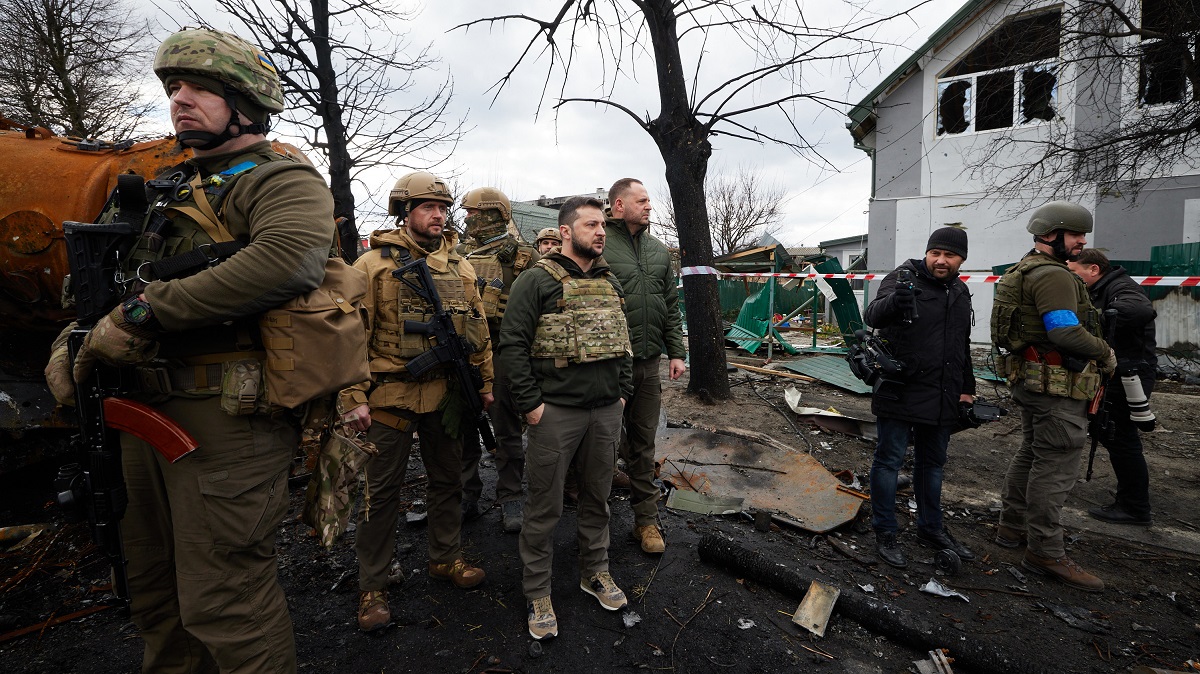
JD Vance's Cousin, a Ukraine War Veteran, Calls VP 'Putin's Useful Idiot'
4/8: In this video, we review the story of Nate Vance, a US Marine veteran who spent three years fighting in Ukraine—only to feel betrayed by his own cousin, the VP of the U.S.
4/8: In this video, we review the story of Nate Vance, a US Marine veteran who spent three years fighting in Ukraine—only to feel betrayed by his own cousin, the VP of the U.S.
5/8: Please subscribe to The Intellectualist's new YouTube channel, where we present insightful videos analyzing the current events shaping the world.
Turn on notifications to receive the latest updates from the channel.
youtube.com/@TheIntellectu…
Turn on notifications to receive the latest updates from the channel.
youtube.com/@TheIntellectu…
6/8: IN this essay, we review the story of Nate Vance, a US Marine veteran who spent three years fighting in Ukraine—only to feel betrayed by his own cousin, the VP of the United States.
theintellectualist.com/jd-vance-cousi…
theintellectualist.com/jd-vance-cousi…
8/8: Le Figaro Speaks with Nate, JD Vance’s First Cousin and a Volunteer Fighter in Ukraine
lefigaro.fr/en/world/le-fi…
lefigaro.fr/en/world/le-fi…
• • •
Missing some Tweet in this thread? You can try to
force a refresh





